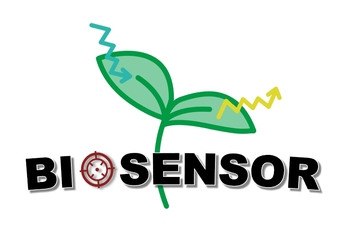Designs, applications, and limitations of genetically encoded fluorescent sensors to explore plant biology
The understanding of signaling and metabolic processes in multicellular organisms requires knowledge of the spatial dynamics of small molecules and the activities of enzymes, transporters, and other proteins in vivo, as well as biophysical parameters inside cells and across tissues. The cellular distribution of receptors, ligands, and activation state must be integrated with information about the cellular distribution of metabolites in relation to metabolic fluxes and signaling dynamics in order to achieve the promise of in vivo biochemistry. Genetically encoded sensors are engineered fluorescent proteins that have been developed for a wide range of small molecules, such as ions and metabolites, or to report biophysical processes, such as transmembrane voltage or tension. First steps have been taken to monitor the activity of transporters in vivo. Advancements in imaging technologies and specimen handling and stimulation have enabled researchers in plant sciences to implement sensor technologies in intact plants. Here, we provide a brief history of the development of genetically encoded sensors and an overview of the types of sensors available for quantifying and visualizing ion and metabolite distribution and dynamics. We further discuss the pros and cons of specific sensor designs, imaging systems, and sample manipulations, provide advice on the choice of technology, and give an outlook into future developments.
Cheng-Hsun Ho
Associate Research Fellow
(02)2787-2123
zcybele3@sinica.edu.tw
A541, Agricultural Technology Building
Lab.
A520, Agricultural Technology Building
Tel: (02)2787-2124
2024-present
Associate Research Fellow, Agricultural Biotechnology Research Center (ABRC), Academia Sinica
2015-2024
Assistant Research Fellow, Agricultural Biotechnology Research Center (ABRC), Academia Sinica
2011-2015
Senior Research Associate, Department of Plant Biology, Carnegie Institution for Science, Stanford
2009-2011
Academia Sinica Postdoctoral Fellow, Institution of Molecular Biology (IMB), Academia Sinica
2004-2009
Ph.D. Taiwan International Graduate Program, Institute of Molecular Biology, Academia Sinica/Graduate Institute of Life Sciences, National Defense Medical Center
2002-2004
M.S. Institution of Plant Biology, National Taiwan University

